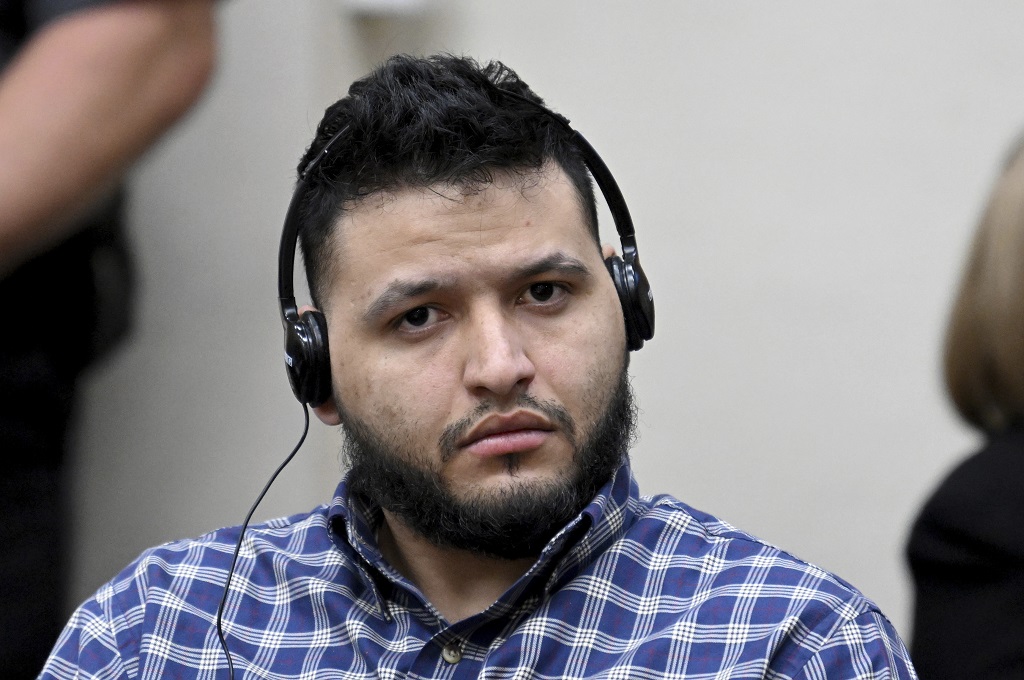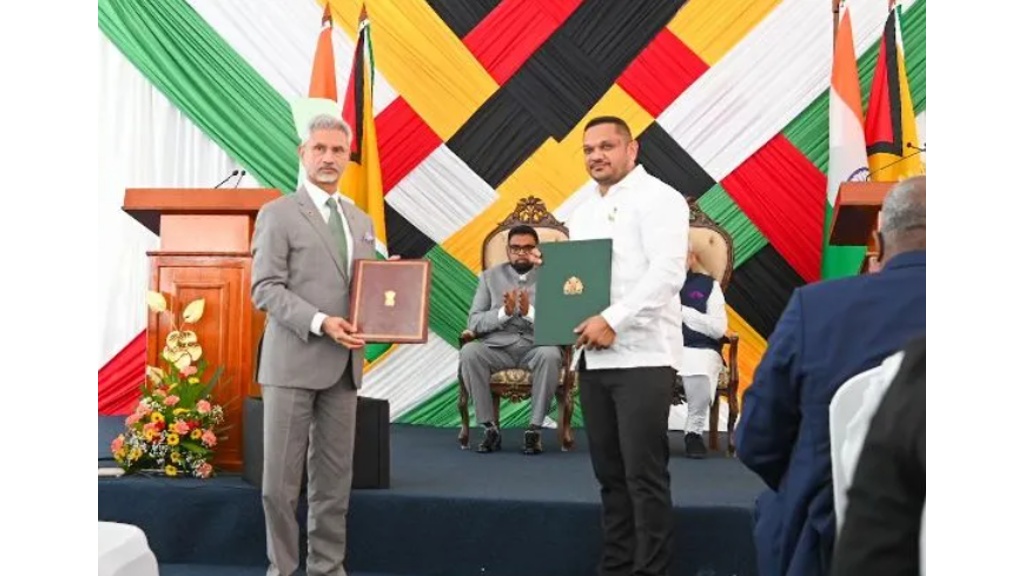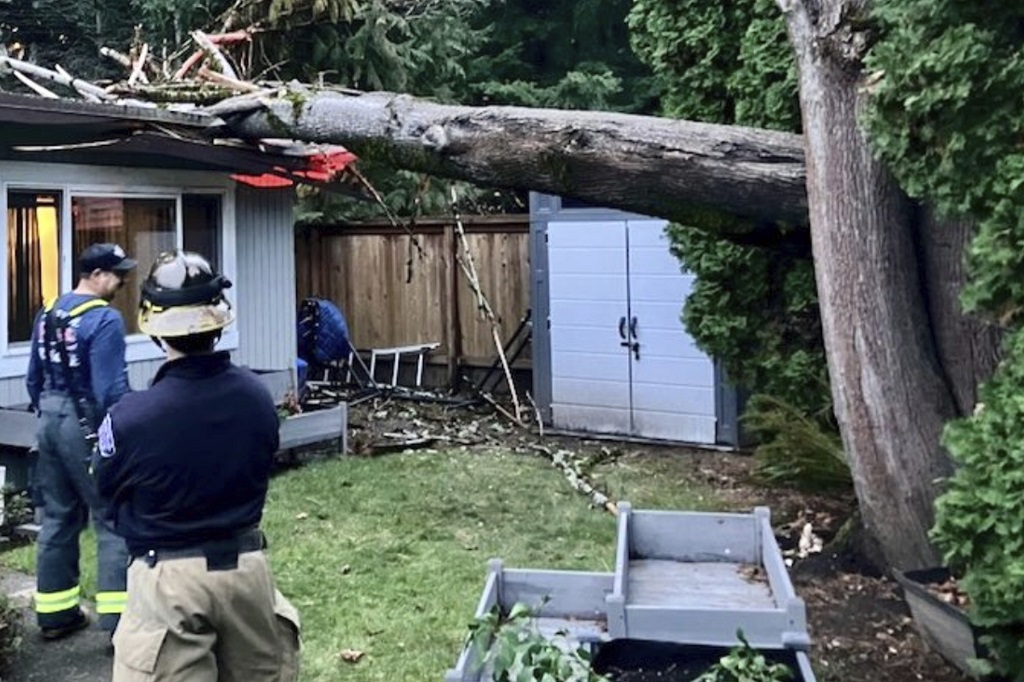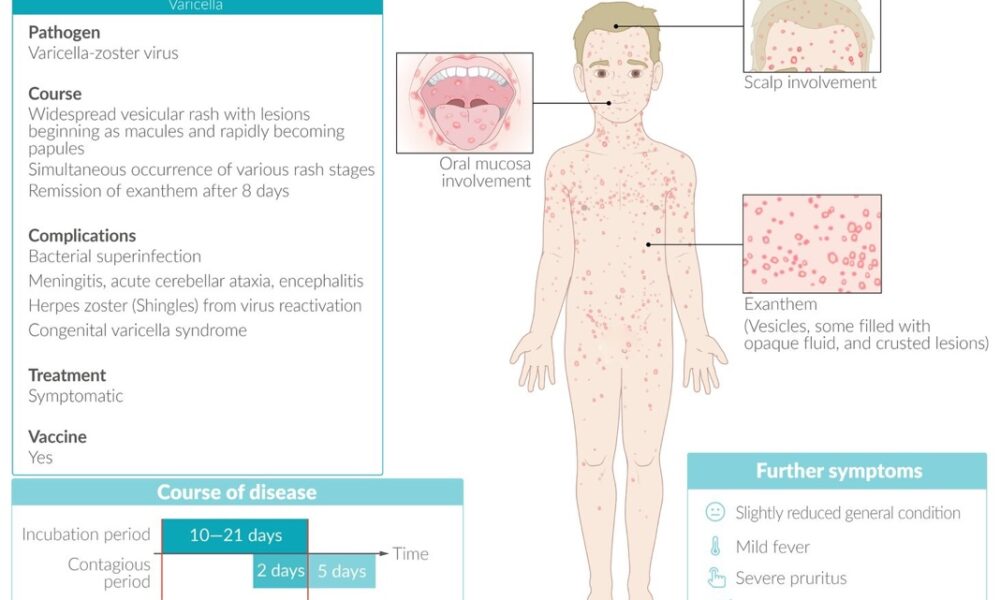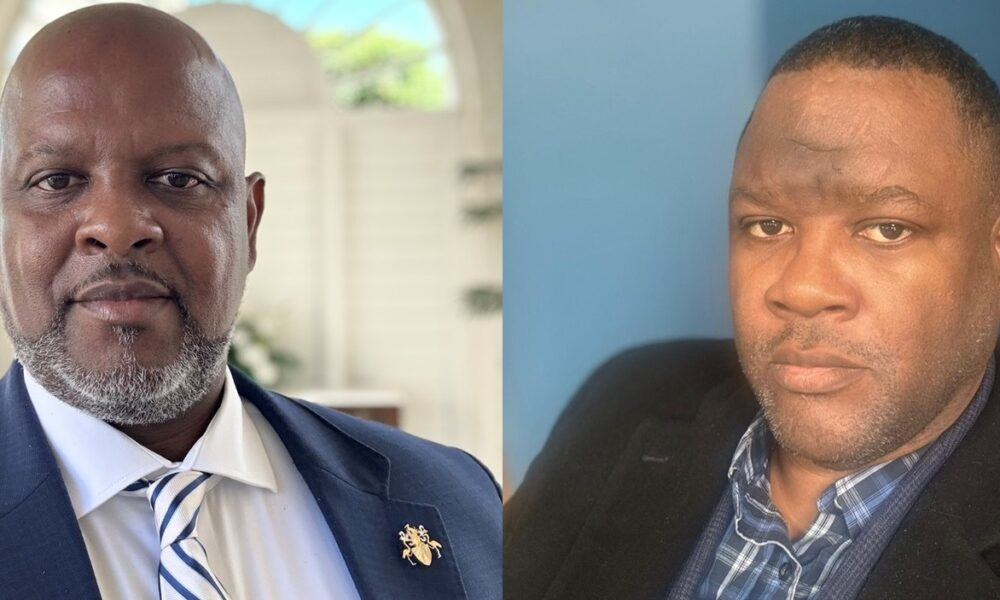Response to former minister for Border Security
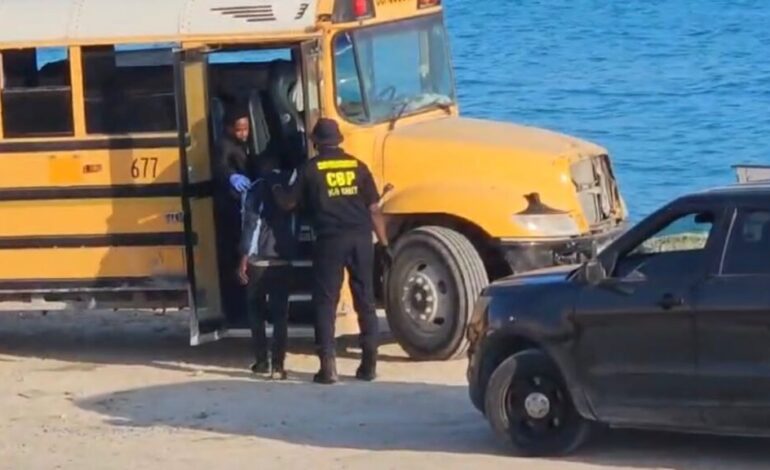
Border control is a serious issue, and focusing on finding solutions is essential rather than creating sensationalism for self-gain. The timing of Astwood’s return and critique raises questions about political opportunism. It’s a common strategy to re-enter the political arena by capitalising on people’s anxieties and fears. However, leadership is more than identifying problems; it offers viable solutions and unites people toward common goals. It’s worth questioning what concrete plans Astwood proposes beyond the critique to address the security of our borders.
The portrayal of our border issues as solely the current government’s failure ignores the multifaceted nature of border security and the collaborative efforts needed to address such challenges. The problems at our borders are not new and require more than national efforts; they demand regional cooperation and strategic partnerships. It is misleading to attribute the initiation of such partnerships solely to one administration or leader, especially when the OPBAT (Operation Bahamas, America and Turks & Caicos) agreement, a cornerstone of our regional defence against narco-trafficking, was established decades ago in 1982 while Sean Astwood was in primary school. PDM has a culture of taking undeserved credit for results they never worked for. This operation was not the brainchild of any single local politician but the result of international cooperation to combat a common threat.
Politicising border security serves no one, especially not the citizens of Turks and Caicos. Let’s focus on strengthening existing collaborations and seeking new avenues for partnership. We must accept that illegal migration is a transnational issue, and a unified response is required. The success of operations like OPBAT demonstrates the power of cooperation over isolation.
We need a better approach that addresses the socio-economic disparities that drive people to undertake dangerous journeys. We must also address the demand for illegal drugs in our communities. The current administration is working on such a comprehensive approach. It goes beyond increasing patrols and enhancing surveillance.
The narrative that paints the government’s efforts as wholly insufficient overlooks the complexity of border security and the strides made in cooperation with our neighbours and international partners. While there is always room for improvement, acknowledging the ongoing efforts and challenges is essential for constructive debate. What is it about border control that the former minister expected the current minister to fix in three years, that he could not fix in four years? I will leave that for the former minister to say for himself.
Sean Astwood’s return to the political arena, especially during an election year, raises questions about the timing and motivations behind his critique. However, the electorate needs to evaluate the substance of these discussions critically. Is he offering solutions? Is he fostering understanding? Don’t let a former politician trying to return to power trick you with their divisive political tactics. We, as voters, should look past their fancy talk. We must check their past actions and recognise a drowning man clutching for straws.
While a few of Astwood’s concerns are not without merit, the narrative requires balance and perspective. Let’s aim for plans that solve problems in a helpful way, where we all work together and understand what our community needs. As we look ahead, we want leaders who can motivate us, bring us together, and make fundamental changes for the better for everyone in Turks and Caicos.
Our focus should be on crafting policies that not only secure our borders but also honour our commitments to human rights, economic stability, and regional solidarity. This is the path to a secure, prosperous future for Turks and Caicos, not through divisive rhetoric or politicised narratives that serve individual ambitions over the collective good.

